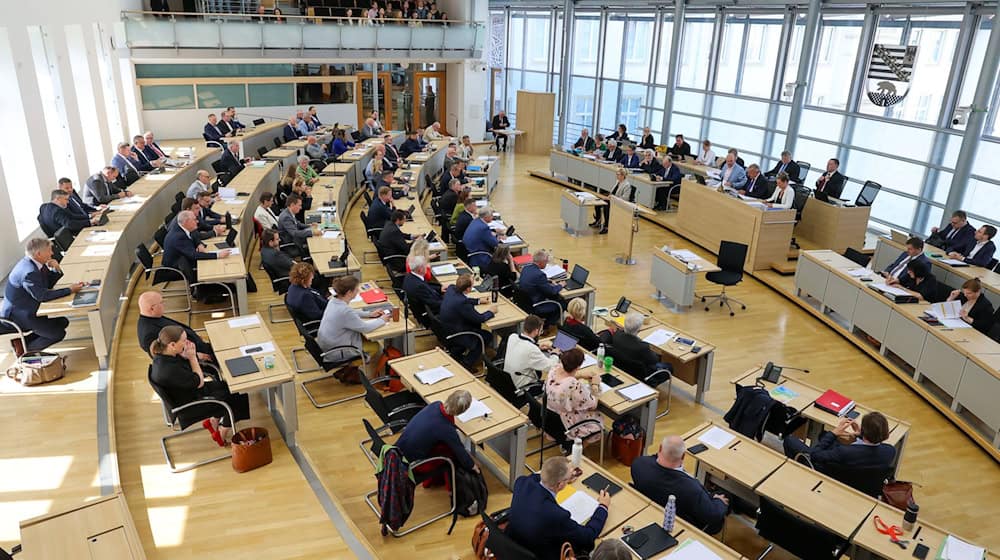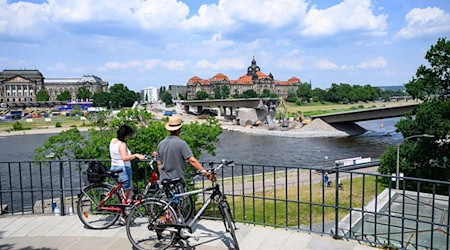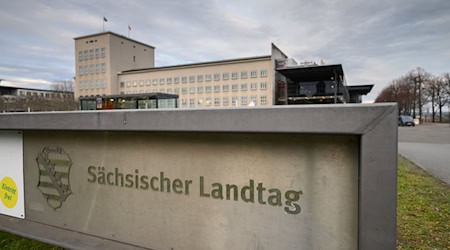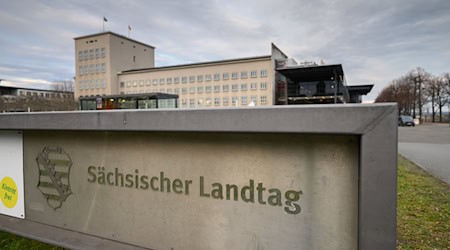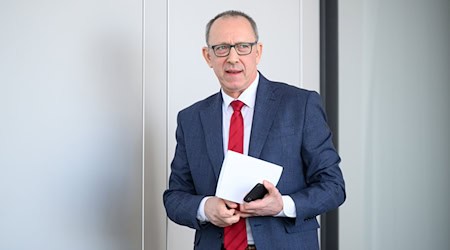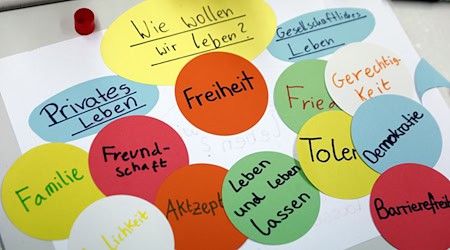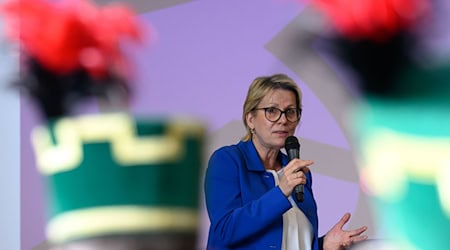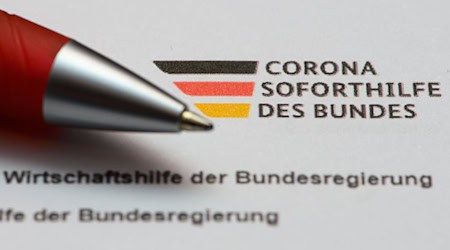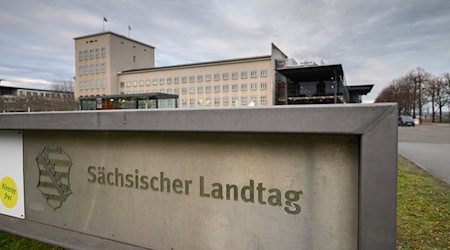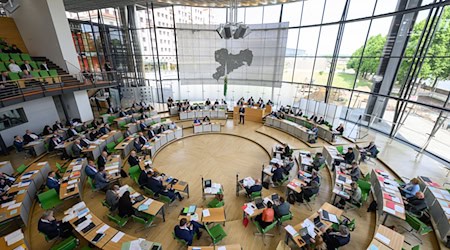In view of the difficulties in forming governments after state elections, the "Mehr Demokratie" association is calling for the five-percent hurdle to be lowered to three percent in the eastern German states. "With the three-percent hurdle, hundreds of thousands of people would finally be represented in parliament," said Ralf-Uwe Beck, spokesperson for the federal board of "Mehr Demokratie". In a joint appeal, the association's East German state associations are calling on the state parliaments to lower the hurdle as soon as possible.
"In the east, voting preferences appear to be more diverse and less fixed," the appeal states. "This diversity should also be reflected in the state parliaments." In the last state elections, many parties failed to reach the five percent threshold and many voters were therefore not represented.
Five-percent hurdle is intended to prevent a fragmented parliament
The parties must receive at least five percent of the vote in elections, only then will they make it into parliament. The reason for the five percent threshold is the experience of the Weimar Republic from 1918 to 1933, when there was no such limit - basically any party could enter parliament. This led to a fragmented party landscape, which made cooperation and government formation very difficult.
A look at past state parliament elections in East Germany, however, shows that the hurdle can actually contribute to destabilization, according to the association "Mehr Demokratie", which has long campaigned for more direct citizen participation.
In the past state parliament elections in Saxony, Brandenburg and Thuringia, forming a government proved difficult. The government alliances would not have had no alternative with a lower blocking clause. In Erfurt, the AfD is the only party that is fully in opposition. "With a lower blocking clause, we would have an effective means of restoring confidence in democracy," said Federal Executive Committee spokesperson Beck.
Criticism of the so-called blocking clause has been voiced time and again. Just last month, the constitutional court in Thuringia rejected a lawsuit by the Ecological Democratic Party (ÖDP), which called for the hurdle to be reviewed. The small party had failed last year with a corresponding urgent application before the Thuringian state elections.
Many votes fall by the wayside
According to the association, 14.3% of votes in Brandenburg, for example, fell by the wayside in the last state election. The state associations are also calling for the introduction of a so-called substitute vote. If you vote for your favorite party with your main vote, but it fails at the three percent hurdle, you give your second preference a chance with a substitute vote.
In eastern German states, state elections will take place next year in Saxony-Anhalt and Mecklenburg-Western Pomerania.
Copyright 2025, dpa (www.dpa.de). All rights reserved

